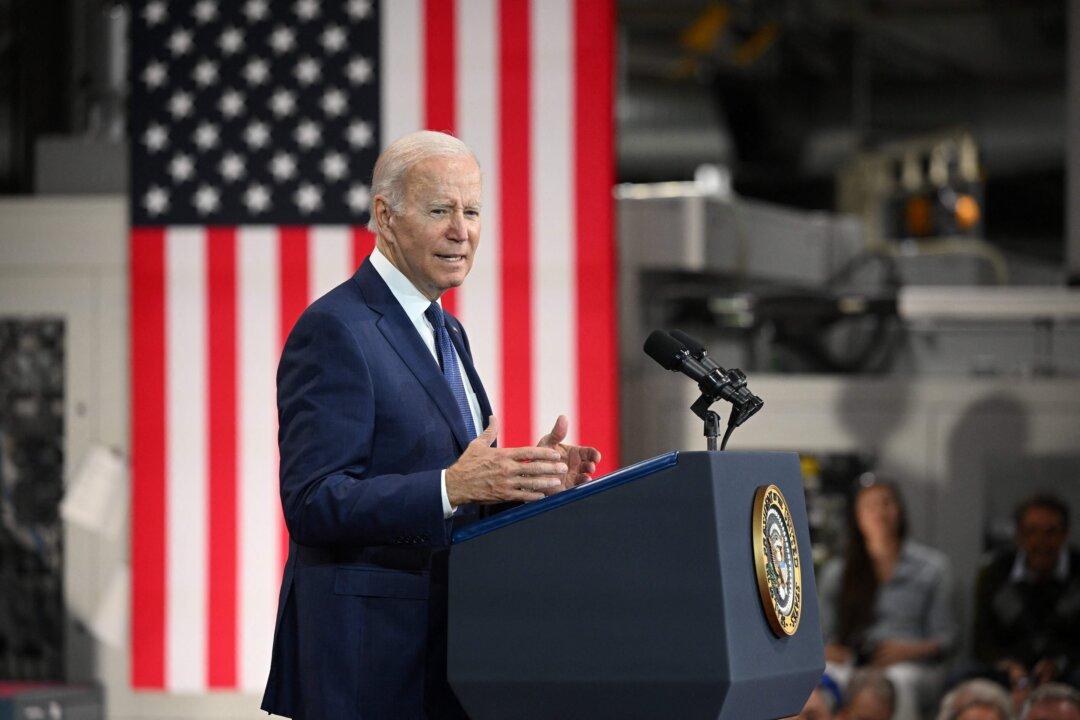President Joe Biden’s anti-drilling policies have cost the United States about the same rate of daily oil production that was recently slashed off world markets by members of the Organization of the Petroleum Exporting Countries (OPEC).
“The United States would be producing between 2 and 3 million more barrels of oil a day and between 20 and 25 more billion cubic feet of natural gas under the Trump policies,” said a recent study (pdf) by the organization Committee to Unleash Prosperity. “This translates into an economic loss—or tax on the American economy—of roughly $100 billion a year.”





